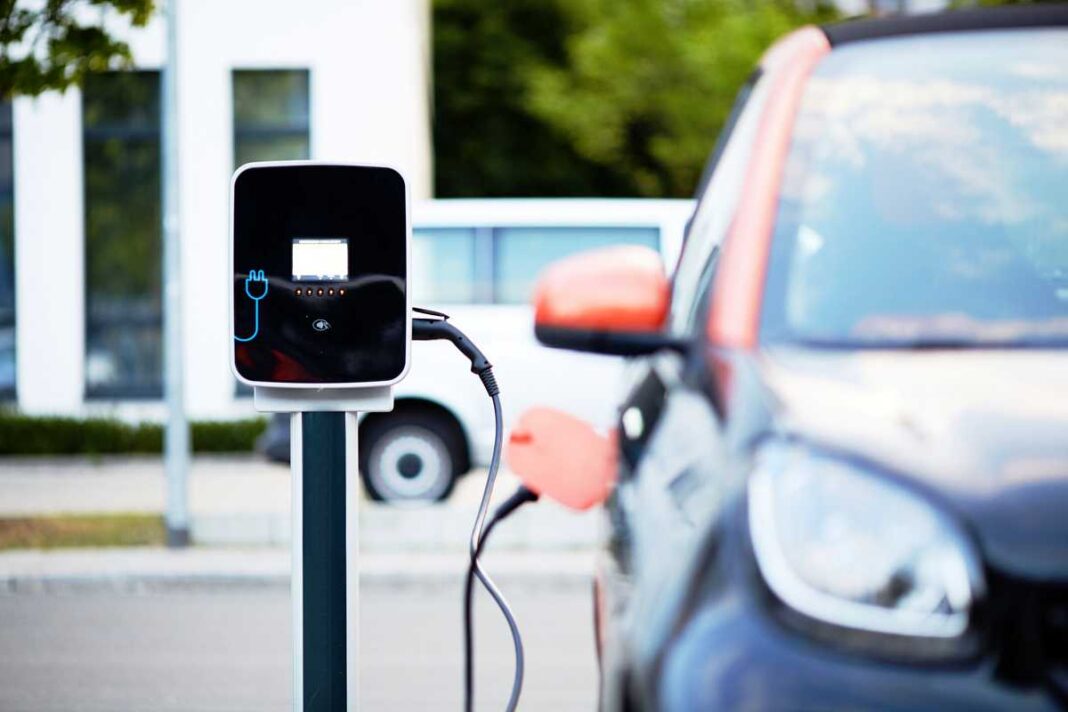Democrats will likely continue to invest in battery-powered vehicles while Republicans may well reverse course on the technology.
Electric vehicles are slowly gaining ground in the United States as automakers boost their range of offerings and stricter state and federal emissions laws come into effect. However, most car buyers aren’t purchasing EVs and remain highly skeptical of the technology.
With the two major parties displaying significantly different views on EVs, the 2024 presidential election will play a significant role in determining whether the rollout will pick up speed or stall.
Over the past four years, the White House and Democrats in Congress pushed ahead with new policies aimed at increasing electric vehicle (EV) adoption in the United States.
The most consequential move, introduced in March, requires U.S. automakers and dealerships to make half of their new sales either all-electric or hybrid vehicles by 2032. Right now, the vast majority of cars sold in the country use gas-powered internal combustion engines.
After relatively brisk sales in 2020 and 2021, dealerships are having a hard time selling new EVs in 2024. Major automakers—including Ford, General Motors, and Toyota—are scaling back battery-powered EV plans altogether based on what analysts who spoke with The Epoch Times say was likely an overestimation of demand growth in North America.
Meanwhile, EV adoption is accelerating elsewhere in the world. China is currently leading the way in EV utilization and production. Industry forecasts predict global EV demand will continue to rise for years to come as the technology gets cheaper and automakers offer a wider range of EV models.
The Republican Party’s 2024 platform and its presidential candidate, former President Donald Trump, promise to roll back what they call the EV mandate if Trump is elected and the GOP gains power in Congress in 2024. The Democratic Party, which signaled its commitment to the existing energy and climate policies in its own party platform, will likely stay the course if its candidate, Vice President Kamala Harris, is elected and it wins additional seats on Capitol Hill.







